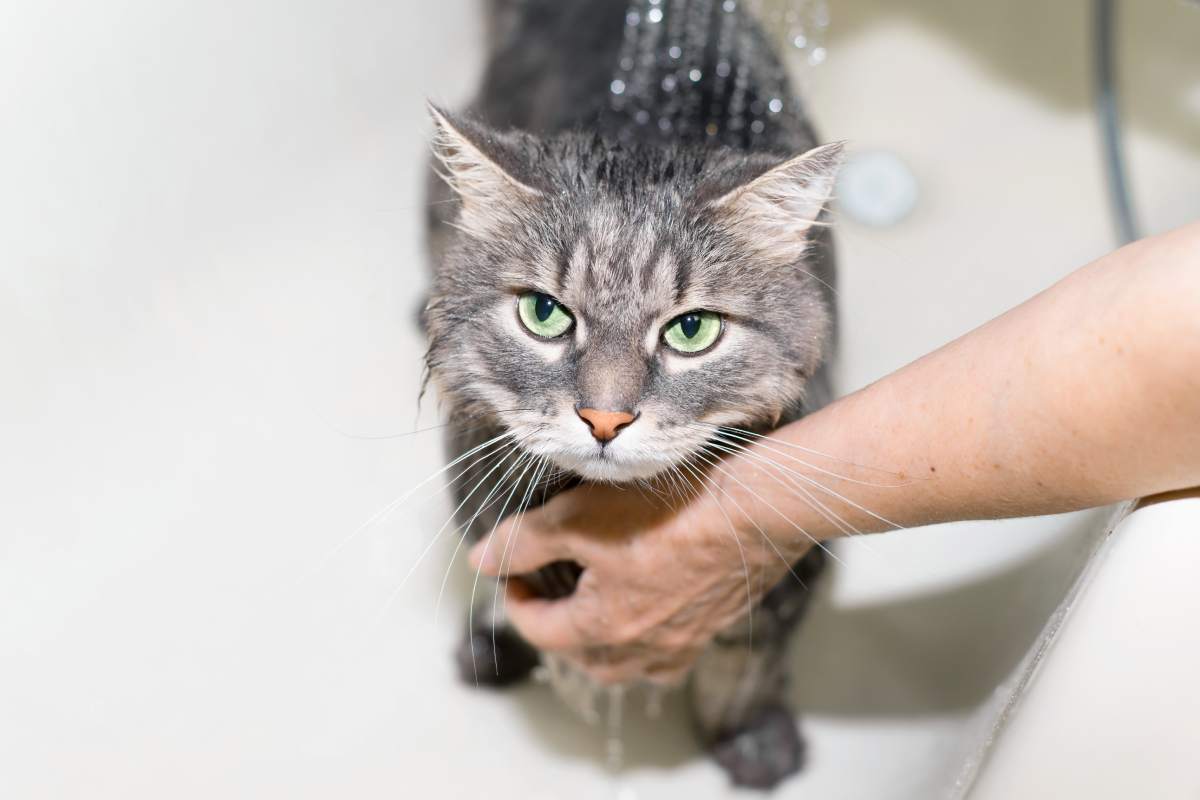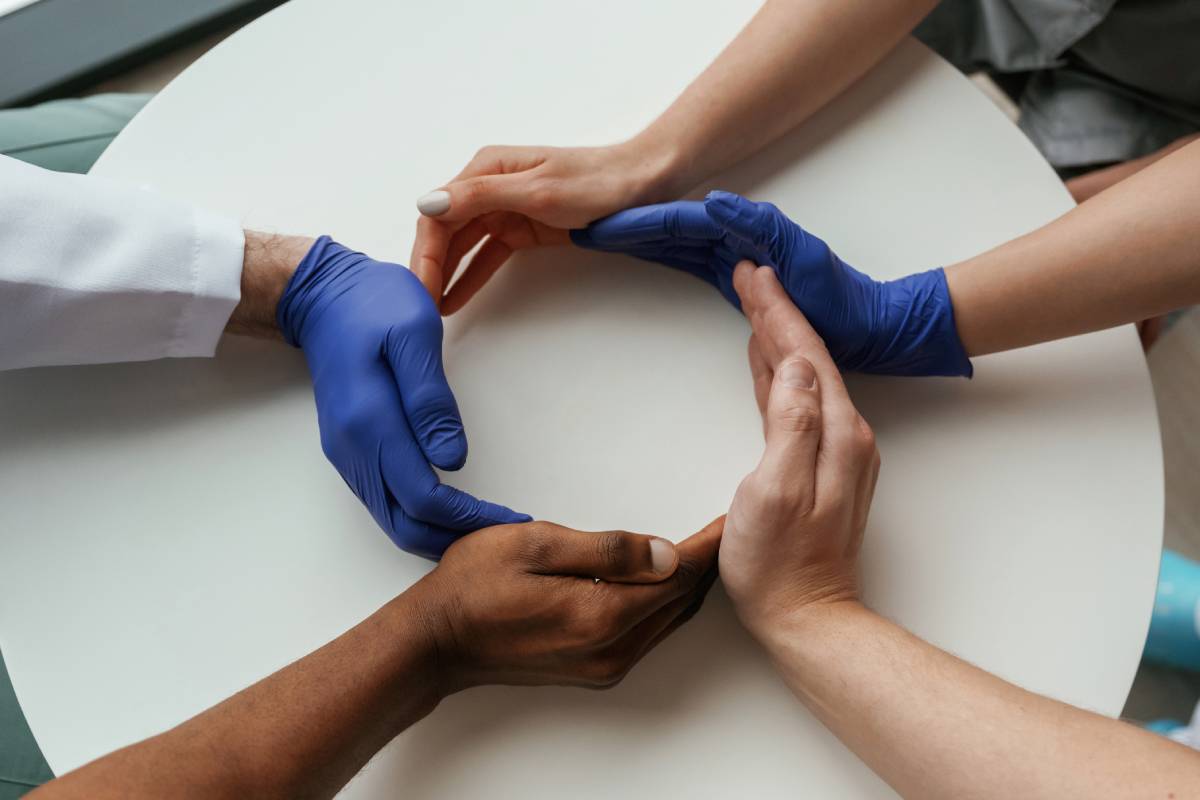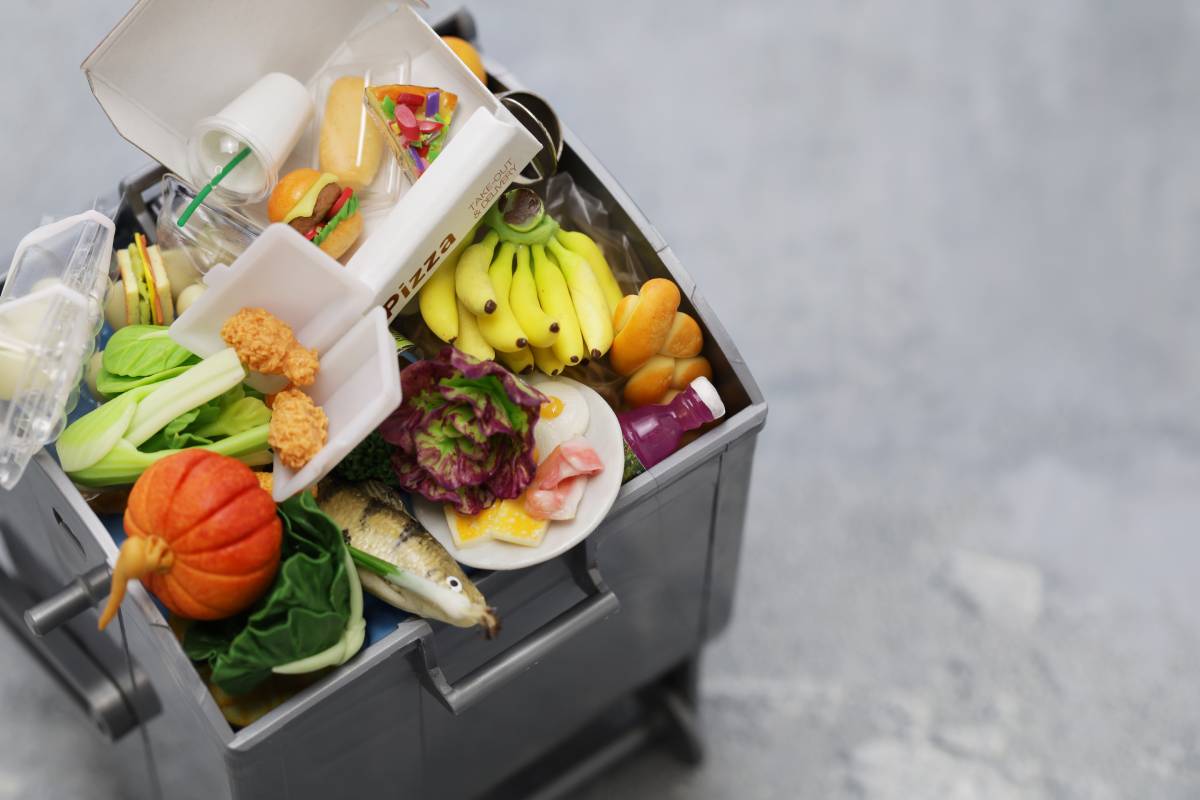For many, a shower is a refreshing way to start or end the day. But have you ever considered when you should avoid showering? One commonly held belief is that you should avoid showering immediately after eating. While this might sound like an old wives’ tale, there is some truth behind it.
Showering right after a meal can potentially affect your digestive process, interfere with blood circulation, and even have uncomfortable side effects. In this article, we will delve into the reasons why it’s best to wait a while before hopping into the shower after a meal.
Impact on Digestion
Digestion is a complex process that requires a significant amount of energy. When you eat, your body directs more blood to the stomach and intestines to help break down the food. This increased blood flow to the digestive organs is crucial for effectively absorbing nutrients and moving food through the digestive tract.
When you shower, especially with hot water, blood is redirected to the skin’s surface to help regulate body temperature. This shift can reduce the blood supply to the digestive organs, potentially slowing down the digestion process. As a result, you may experience bloating, indigestion, or discomfort if you shower immediately after a meal.
Tip: To give your body time to digest properly, it’s generally recommended to wait 30-60 minutes after eating before taking a shower.
The Role of Blood Flow in Digestion
To understand why showering can affect digestion, it’s essential to consider how blood circulation works during a meal. After eating, blood vessels in the digestive system widen (a process called vasodilation) to enhance blood flow and support the absorption of nutrients. This mechanism ensures that your digestive organs receive enough oxygen and nutrients to function properly.
When you take a shower, particularly with warm or hot water, your body redirects blood flow to the skin to manage heat dissipation. This cooling mechanism temporarily reduces the blood supply to internal organs, including the stomach and intestines. While this isn’t necessarily dangerous, it can make digestion less efficient. Over time, repeatedly disrupting this process could lead to long-term digestive issues like chronic indigestion or sluggish metabolism.
Possible Side Effects of Showering After Eating
Although showering after a meal might not lead to immediate serious health consequences, it can cause temporary discomfort and unease. Some of the common side effects include:
- Bloating: Reduced blood flow to the digestive organs can slow down digestion, leading to gas buildup and bloating.
- Cramps: Just as athletes may experience cramps if they jump into strenuous activity right after eating, showering after a meal can also cause mild abdominal cramps due to the body’s conflicting focus on digestion and temperature regulation.
- Indigestion: With digestion slowed, food may not break down as quickly or thoroughly as needed, potentially causing indigestion or heartburn.
Tip: Consider taking a warm shower before your meal or waiting a sufficient amount of time afterwards to avoid these unpleasant side effects.
The Thermoregulation Factor
One of the main reasons showering affects digestion has to do with thermoregulation – the body’s ability to maintain its core temperature. When you eat, especially a hot meal, your body temperature naturally rises slightly. The digestive system requires a warm environment to function efficiently.
A hot shower immediately after a meal can trigger your body to cool down quickly, diverting attention away from digestion. On the other hand, a cold shower may shock your system, causing blood vessels to constrict and further slowing digestion. Either way, an abrupt temperature change can disrupt the body’s natural digestive rhythm.

Risk of Fatigue and Lethargy
The post-meal period is often accompanied by feelings of tiredness or sluggishness, commonly referred to as a “food coma” or postprandial somnolence. This is caused by the increased effort your body puts into digestion. When blood flow is diverted away from digestion due to showering, your body may struggle to balance the competing needs for energy, leading to feelings of fatigue.
Moreover, standing for long periods during a shower may exacerbate the body’s natural drowsiness. Instead of feeling refreshed, you might find yourself feeling more tired and lethargic after showering right after eating.
Cultural and Traditional Perspectives
Many cultures around the world emphasize the importance of timing your shower around meals. Traditional Chinese medicine, for example, advises against showering immediately after eating, as it’s believed to interfere with the body’s digestive “qi” (energy). Similarly, in Ayurveda, an ancient Indian medical system, showering right after meals is discouraged because it’s thought to disrupt the digestive fire, or “agni,” which is essential for proper digestion.
While these traditional beliefs may not be rooted in modern science, they underscore the importance of allowing the body to focus on one process at a time—whether it be digestion or temperature regulation.
Cold vs. Hot Showers After Eating
If you absolutely must shower after eating, the temperature of the water may play a role in how your body reacts. A hot shower can exacerbate the issues mentioned above, as it encourages more blood flow to the skin’s surface, thereby pulling resources away from digestion. A cold shower, on the other hand, might seem like a better alternative, but it can also have a negative impact by shocking your system and causing blood vessels to constrict. Both options could lead to an imbalance in blood circulation, making it harder for your digestive system to work efficiently.
What You Should Do Instead
To avoid the risks of showering immediately after eating, it’s essential to follow some simple guidelines:
- Wait 30-60 minutes after eating: This gives your body enough time to initiate the digestion process without being interrupted.
- Take a walk: A gentle walk after a meal can promote digestion and stimulate circulation without overwhelming your body’s energy resources.
- Practice relaxation: Instead of a shower, try other post-meal relaxation techniques, such as deep breathing or meditation, to help your body wind down after eating.
Is Showering Right After Eating Ever Dangerous?
In most cases, showering right after eating will only lead to temporary discomfort, but for certain individuals, it could pose more serious risks. Those with digestive disorders, such as irritable bowel syndrome (IBS) or gastroparesis (a condition that affects stomach emptying), may experience more pronounced symptoms if they disrupt their digestion after eating. Similarly, individuals with poor circulation or cardiovascular issues should avoid showering right after meals, as it could place unnecessary strain on their circulatory system.
Final Thoughts
While it may be tempting to jump into a shower right after a delicious meal, it’s important to consider how this habit affects your body’s natural processes. Showering immediately after eating can slow digestion, cause bloating or indigestion, and leave you feeling fatigued or uncomfortable. To promote optimal digestive health, it’s best to wait at least 30 minutes to an hour before taking a shower. By giving your body the time it needs to digest your meal, you’ll avoid unnecessary discomfort and support better overall well-being.
In summary, the best practice is to allow your body to complete the initial stages of digestion without interruption. Patience will not only help your digestive system but also ensure that you enjoy the full benefits of both your meal and your shower!




